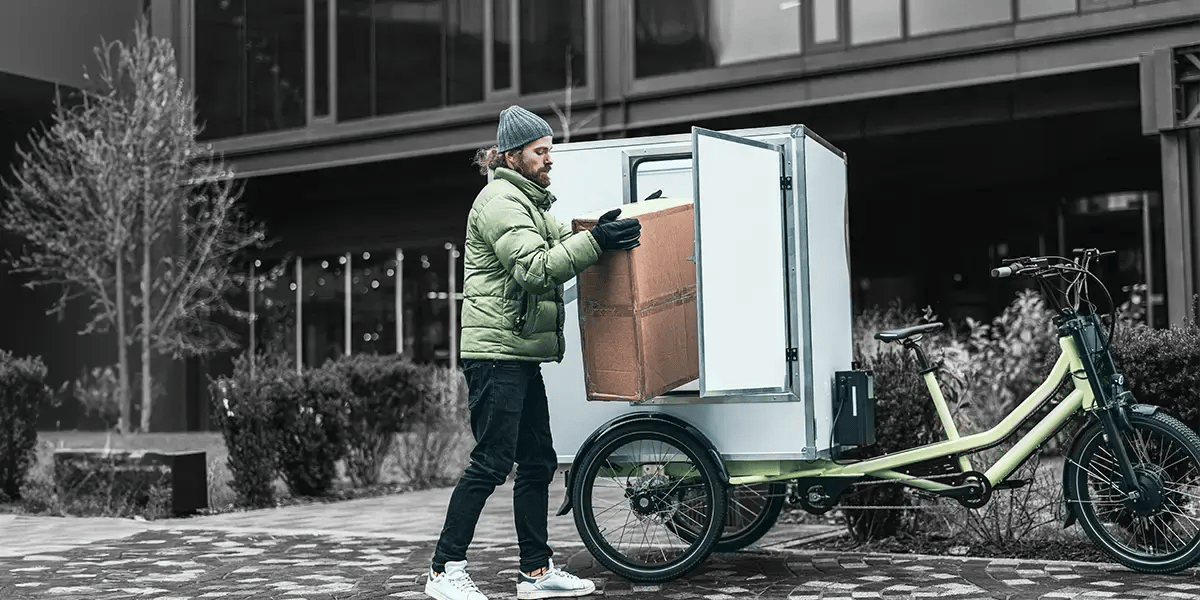
As online shopping continues to grow, delivery companies are under increasing pressure to reduce their carbon footprint and minimize packaging waste. According to the World Economic Forum, the growth of e-commerce has led to a surge in carbon dioxide emissions from delivery vehicles, making it critical for businesses to adopt sustainable delivery options and eco-friendly packaging materials.
According to a report by PwC, reducing carbon emissions is a top priority for businesses looking to improve their sustainability. The report found that 72% of companies have set targets to reduce their carbon footprint, and 85% of those companies have already made progress towards their goals. By optimizing delivery routes and consolidating deliveries, businesses can minimize the number of vehicles on the road, reducing emissions and improving efficiency.
This blog post explores some of the key ways retailers and webshops can achieve sustainability in their delivery processes.
Assessing the current environmental impact
Before businesses can start making changes to their delivery processes, it's important to evaluate their current environmental impact. This involves looking at key metrics and indicators such as fuel consumption, vehicle emissions, and packaging waste. By understanding where they stand today, companies can identify areas for improvement and set realistic goals for reducing their environmental footprint.
Optimizing delivery routes and consolidation
One of the most effective ways to reduce emissions and improve efficiency is by optimizing delivery routes. This involves using data analytics and real-time tracking to identify the most efficient routes for each delivery, minimizing the number of miles driven and reducing fuel consumption. Delivery consolidation is another strategy that can help companies reduce their carbon footprint. By combining multiple deliveries into a single trip, businesses can minimize the number of vehicles on the road and reduce emissions.
Packaging and materials considerations
Sustainable packaging is another important consideration for businesses looking to reduce their environmental impact. This means using materials that are recyclable, biodegradable, or made from renewable resources. Single-use packaging should be avoided whenever possible, and businesses should promote recycling initiatives to minimize waste.
Embracing technology and automation
Technology and automation can also play a key role in promoting sustainability in the delivery process. Real-time tracking and data analytics can help businesses optimize their operations for maximum efficiency, while smart scheduling can minimize idle time and reduce fuel consumption. Automated delivery systems can also reduce the need for human intervention, minimizing the risk of errors and delays.
Tracking and monitoring environmental metrics
Finally, it's important for businesses to track and monitor their environmental metrics on an ongoing basis. This involves using tools and systems to collect data on fuel consumption, emissions, and other key indicators. By regularly monitoring and reporting on their progress, companies can identify areas for improvement and make adjustments as needed.
Reduce environmental impact while delivering quality products
At nShift, we believe that sustainability should be a top priority for businesses in the delivery industry. By adopting eco-friendly practices and embracing technology and automation, companies can reduce their environmental impact while still delivering quality products and services.
We encourage readers to explore how nShift's delivery management software can help them achieve their sustainability goals. Contact us today to learn more.
About the author




